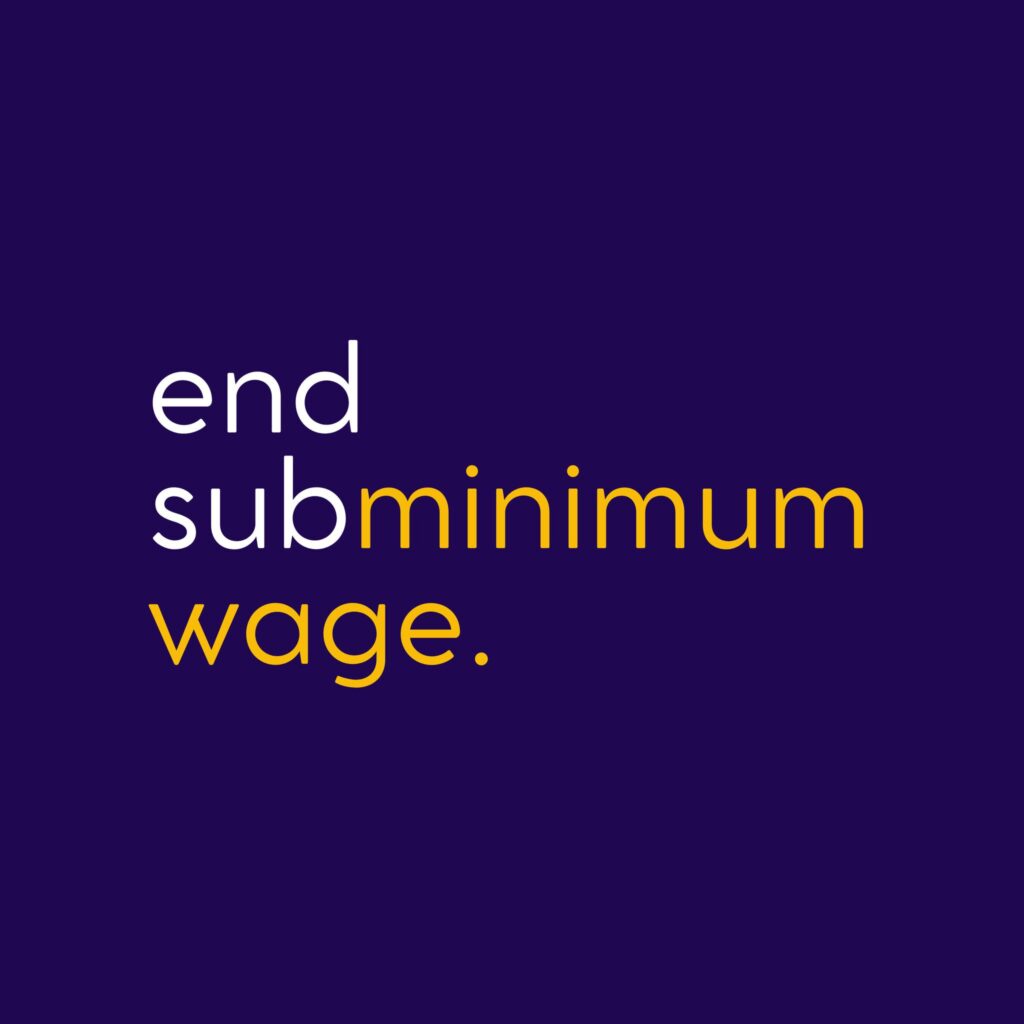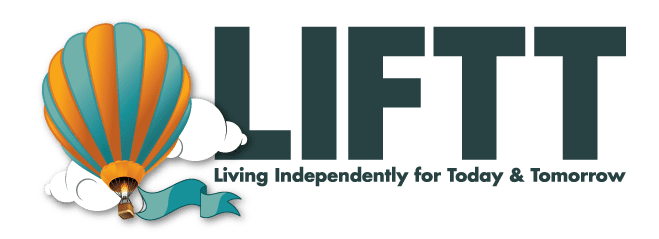
Once upon a time — not so long ago, and, let’s be honest, still today in some places — society operated under the misguided assumption that people with disabilities should be grateful for whatever work they could get, no matter how little they were paid. It was a system that, for decades, allowed employers to legally pay workers with disabilities mere cents on the dollar, justified by the archaic and patronizing idea that their labor wasn’t as valuable as that of their non-disabled counterparts. This is not only unjust — it’s a violation of human dignity.
The Reality of Subminimum Wages
Under the Fair Labor Standards Act (FLSA), Section 14(c), employers have been able to obtain special certificates allowing them to pay workers with disabilities less than the federal minimum wage. This practice, initially conceived with supposedly good intentions, has turned into an institutionalized mechanism of exclusion — one that keeps people with disabilities in a cycle of poverty, dependence, and invisibility. What started as a way to provide work opportunities has instead morphed into a structure that devalues disabled lives.
At LIFTT, we don’t accept this status quo. We believe that work is more than just a paycheck — it’s about identity, contribution, and participation in the broader society. Paying someone less because of their disability is not just unfair; it is fundamentally inhumane.
Why Subminimum Wages Must End
Let’s break it down. Why is this still happening, and why must it stop?
- It’s a Civil Rights Issue – If we truly believe in equal rights, how can we justify a system that tells an entire group of people that their labor — and by extension, their existence — is worth less? The Americans with Disabilities Act (ADA) was meant to eliminate these disparities, yet the continuation of 14(c) contradicts the very principles of equality and inclusion.
- It Reinforces Outdated Narratives – Subminimum wages perpetuate the dangerous myth that people with disabilities are incapable of contributing meaningfully to the workforce. This is not just false; it’s offensive. History is filled with people with disabilities who have led revolutions, innovated, and changed the world. Why should a cashier, a janitor, or an office assistant with a disability be paid less for doing the same job as their non-disabled peers?
- It’s Economic Exploitation – Let’s call it what it is. Paying someone $0.10 or $2 an hour is exploitation. If that wage isn’t acceptable for a worker without a disability, why should it be acceptable for someone with a disability? The cost of living doesn’t discriminate based on ability.
- It Prevents Real Employment Opportunities – Many employers, rather than making reasonable accommodations or investing in disability-inclusive hiring practices, take the easy route: they exploit 14(c) to cut costs instead of actually hiring, training, and equipping workers with disabilities for success.
- It’s a Path to Poverty, Not Progress – Workers with disabilities already face disproportionately high rates of poverty. Subminimum wages don’t offer a bridge to financial independence — they reinforce dependence on government assistance and charity.
- It’s Unnecessary – The argument that eliminating subminimum wages will mean fewer job opportunities has been debunked. States like Alaska, Maryland, and Vermont have successfully phased out 14(c) certificates, proving that fair wages and disability-inclusive employment can and do go hand in hand.
The Movement for Change
The U.S. Department of Labor is finally taking steps to end the use of subminimum wages, and it’s about time. This change didn’t happen in a vacuum — it’s the result of tireless advocacy from disability rights activists, organizations like LIFTT, and individuals who refused to accept systemic oppression. We are at a turning point. The question is: What kind of society do we want to be?
We often hear people talk about valuing diversity, equity, and inclusion. But those words are hollow if they aren’t backed by action. Ending subminimum wages isn’t just about economics — it’s about recognizing that people with disabilities have the same right to financial security, professional fulfillment, and societal participation as anyone else. It’s about rejecting a structure that has, for too long, been used to justify discrimination in the name of “help.”
What Can You Do?
LIFTT encourages everyone to support the Department of Labor’s efforts to prohibit subminimum wages. This isn’t just a bureaucratic policy change — it’s a moral imperative.
- Raise Your Voice – Contact policymakers and let them know that you support an end to subminimum wages.
- Educate Employers – Businesses need to hear that inclusive hiring is not only possible but beneficial.
- Support Competitive Integrated Employment (CIE) – Encourage policies that promote fair wages and meaningful job opportunities for people with disabilities.
- Engage in the Conversation – Share the stories of workers who have been affected by 14(c) and amplify their voices.
The Future We’re Fighting For
Imagine a world where disability is not equated with disadvantage. A world where no one is paid less simply because they navigate life differently. A world where inclusion isn’t just a buzzword — it’s reality. This is not a dream. This is possible. But only if we fight for it. At LIFTT, we believe that the true measure of a society is how it treats its most marginalized members. Ending subminimum wages is not just a policy change — it’s a declaration that all people, regardless of ability, deserve fairness, dignity, and respect. Real work deserves real wages. Let’s make it happen.
Follow us at liftt.org for more updates on disability rights, advocacy, and our work at LIFTT. Together, we can dismantle barriers and create a future where equity isn’t an aspiration—it’s a reality.
About Living Independently for Today & Tomorrow (LIFTT): LIFTT is a Montana 501(c)3 corporation organized as a Center for Independent Living (CIL). With team members based in Billings and Glendive, LIFTT provides aging and disabled members of the community with programs and services that help empower them to break down the physical, bureaucratic, and cultural barriers that prevent them from being fully independent participants in their lives and communities throughout 18 counties in southeastern and south-central Montana: Big Horn, Carbon, Carter, Custer, Dawson, Fallon, Garfield, Golden Valley, McCone, Musselshell, Powder River, Prairie, Richland, Rosebud, Stillwater, Treasure, Wibaux, and Yellowstone. For more information, please visit liftt.org or download our mobile app for your Apple or Android Device.
